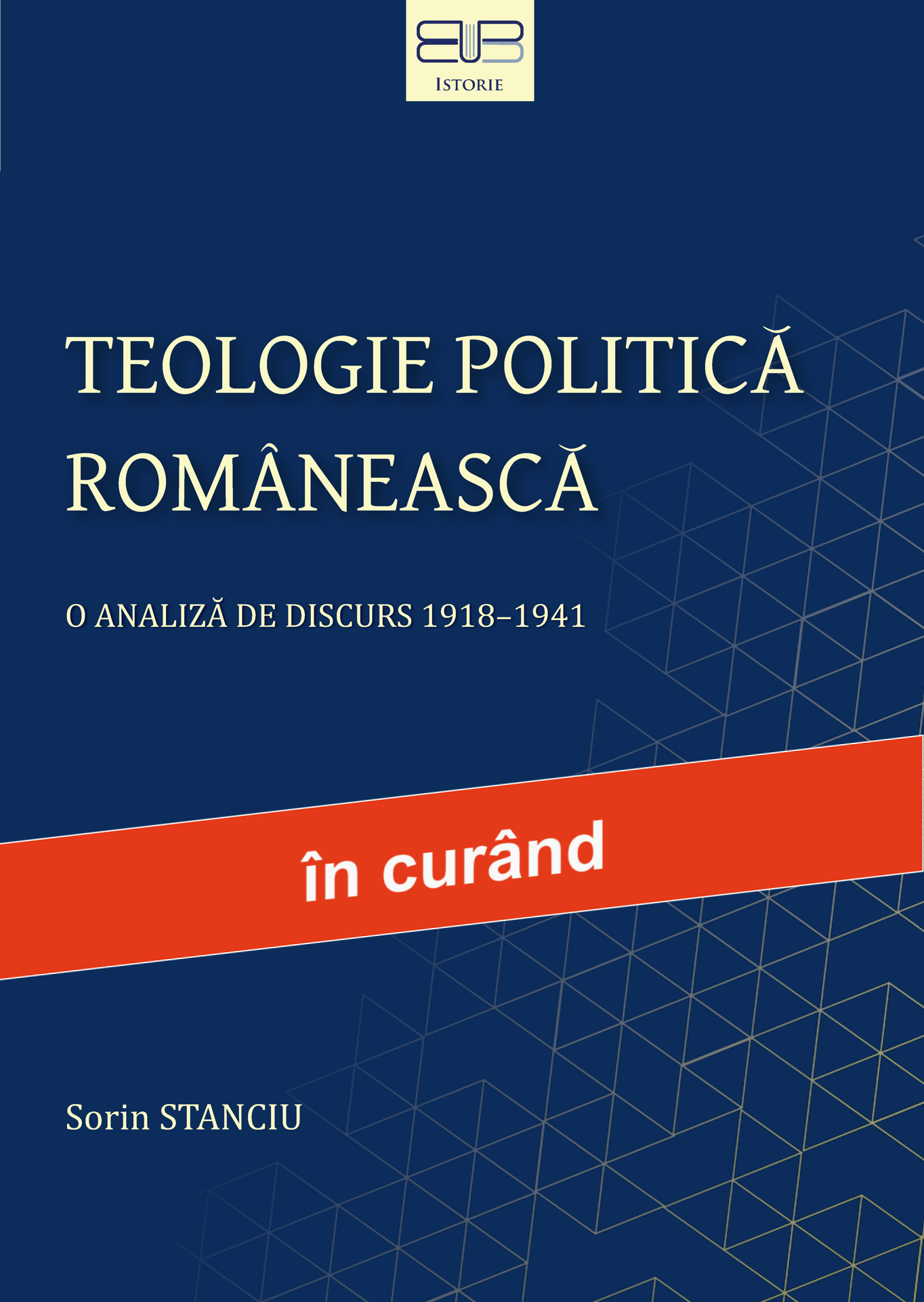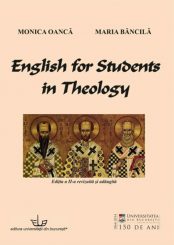Only logged in customers who have purchased this product may leave a review.
TEOLOGIE POLITICĂ ROMÂNEASCĂ
O ANALIZĂ DE DISCURS 1918–1941
- Autor: Sorin STANCIU
- An aparitie: 2025
- Numar de pagini: 484
- Format: B5
- ISBN: 978-606-16-1614-5
- Limba textului: română
The ideological corpus of the interwar Christian Orthodox theologians, philosophers and publicists founded a critique of Romanian and Western political modernity. Produced from the perspective of an Orthodox referential, this corpus constituted a genuine Romanian political theology. The necessity of using this epistemic phrase emerges from the vision of the writings of the hierarchs and theologians who represented the official position of the Church. The respective political vision is also found in the works of the interwar thinkers who claimed to be from the Christian Orthodox paradigm. The theological-political character of this corpus of ideas is revealed by the fact that in the interwar cultural landscape, an Orthodox approach to a political and cultural issue induced by modernity appears for the first time. This critical approach determined that Orthodoxy would assert itself as an ideological paradigm in the debates of the era regarding modernity. Unique for modern Romanian culture, the voice of the ecclesiastical institution would assert itself vigorously in the interwar period in the context in which, for the entire 19th century, the positioning and reflection of Orthodoxy on the modernization of Romania had been marginal. Except for the secularization episode of 1863, which had shaped the profile of an ecclesiological conflict between the Romanian state and the Ecumenical Patriarchate, the Romanian Orthodox Church had been minimally present as a theological voice in the debates on the theme of identity. However, towards the 1930s, the Orthodox theological-political approach to political modernity would manifest itself vehemently. This would determine the approximation of the Romanian Orthodox Church and the Orthodox intelligentsia to interwar nationalisms and authoritarian political solutions.
The great temptation of theologians and organic thinkers of the right was not only the tendency to affiliate with the political radicalism represented by the Legion, which professed ideologically similar values to those of the Church. The great political temptation of Orthodoxy was represented by the permanent nostalgia for the political-theological formula of the Byzantine symphony. In this context, the new political formulas promised to reproduce structurally and regressively both the Byzantine formula of the throne-altar alliance and that form of mind specific to hierarchical and ritualistic Christianity based on tradition that the Orthodox Church intended to preserve. For this reason, I consider that this corpus of ideas, which reveals itself as a genuine Romanian political theology, can be interpreted as a modernist critique of Orthodox inspiration of Western civilization, but also of the modernization of Romania since the 19th century.






Reviews
There are no reviews yet.